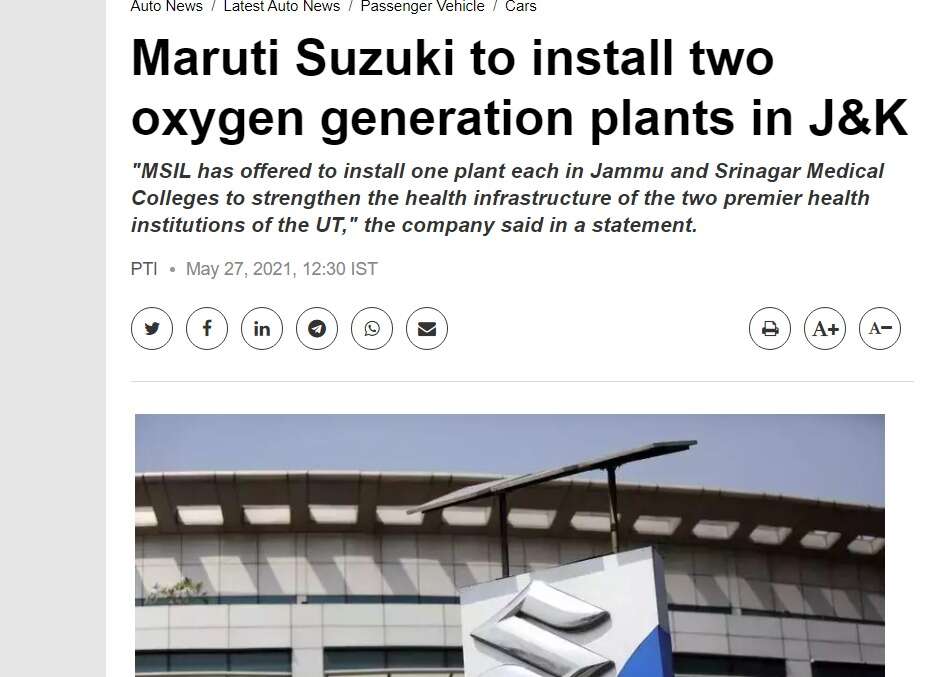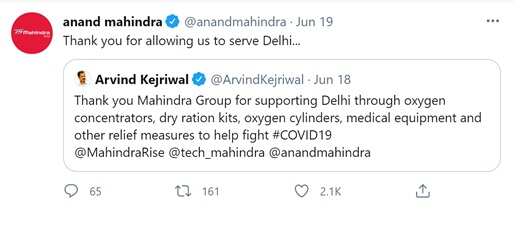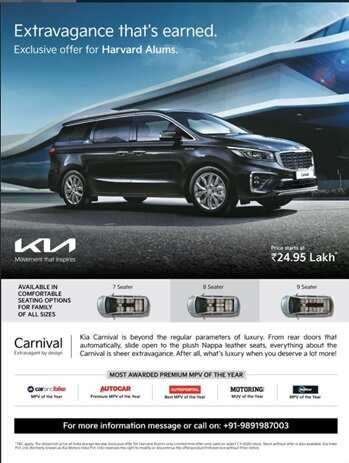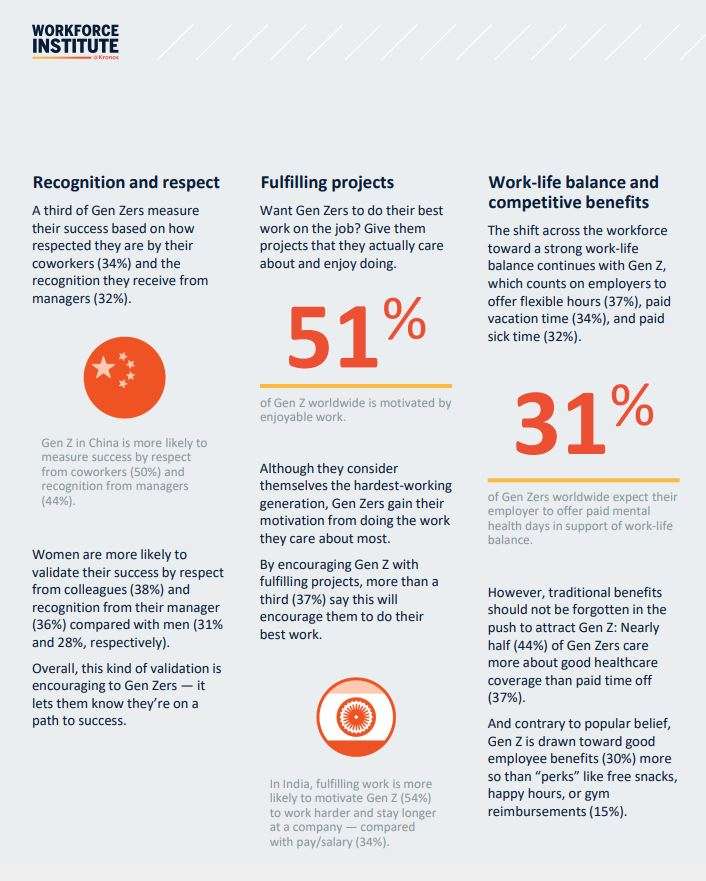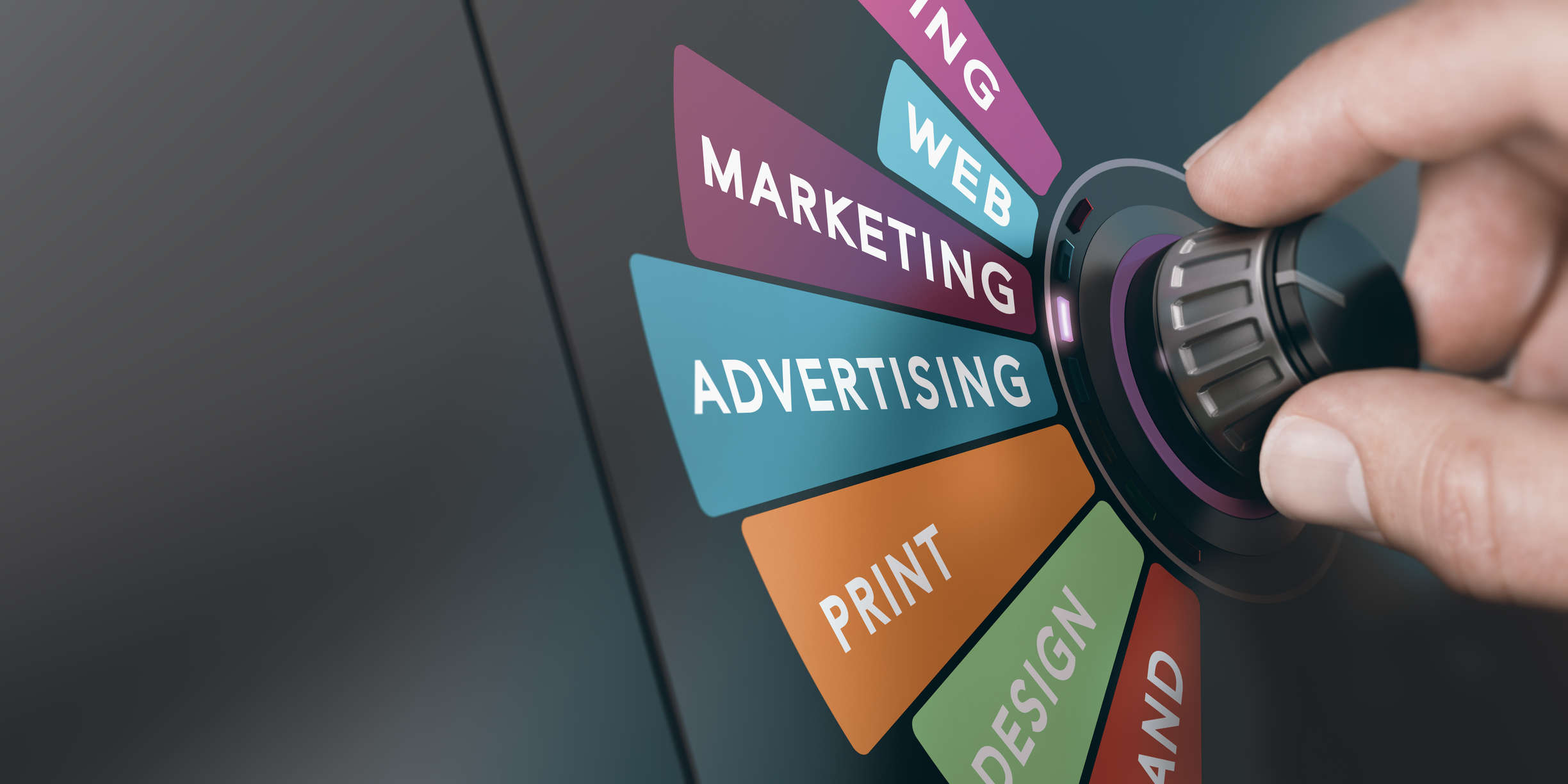 By Avik Chattopadhyay
By Avik ChattopadhyayNew Delhi: For the marketer, a new factor that has assumed critical importance along with the “4Ps or Cs of Marketing” is “timing”. The reverses due to the pandemic have taught us that more important than what to do and how to do is when to do it. The prudence, prescience, and maturity of taking decisions at the ‘correct’ moment have been established as the single biggest factor of success in these trying times. This is not taught in any textbook. It comes with maturity and a better understanding of overall consumer sentiments.
The factor of timing has context, relevance, and impact. Context is to do with the environment in which the action is being taken. Relevance is the importance of the action for specific stakeholders against the context. And impact is about the effect of the action on relevant stakeholders.
Over the last fortnight, I have come across news items on actions taken by different automobile brands which are worth evaluating on the factor of timing.
1. Mercedes-Benz launched an uber-luxury vehicle at INR 2.4 crore that was sold out for 2021 the moment it was announced.
2. Maruti Suzuki announced the opening of a new hospital in Gujarat in collaboration with Zydus investing INR126 crore through its foundation, and setting up two oxygen generation plants in the Srinagar and Jammu Medical Colleges.
3. Hyundai announced the opening of 180 “Signature” showrooms across the country to cater to premium customers specifically for products like Tucson, Elantra and just-launched Alcazar.
4. Anand Mahindra shared an effusive “thank you” tweet by Delhi CM Arvind Kejriwal to Mahindra Group for their all-round support to controlling the second wave in Delhi.
5. Kia announced a specific offer for Harvard Alumni [in India] on the Carnival terming it as “Extravagance that’s earned.”
Five news items on actions taken in the same time period of 15 off days.
The context is the same.
The stakeholders are more-or-less the same.
The impacts will obviously be different for each.
Action # 01.
Terrific statistics. Terrible timing. This could have been done later after the second and third waves had flattened, and the overall consumer sentiment was on an upswing.
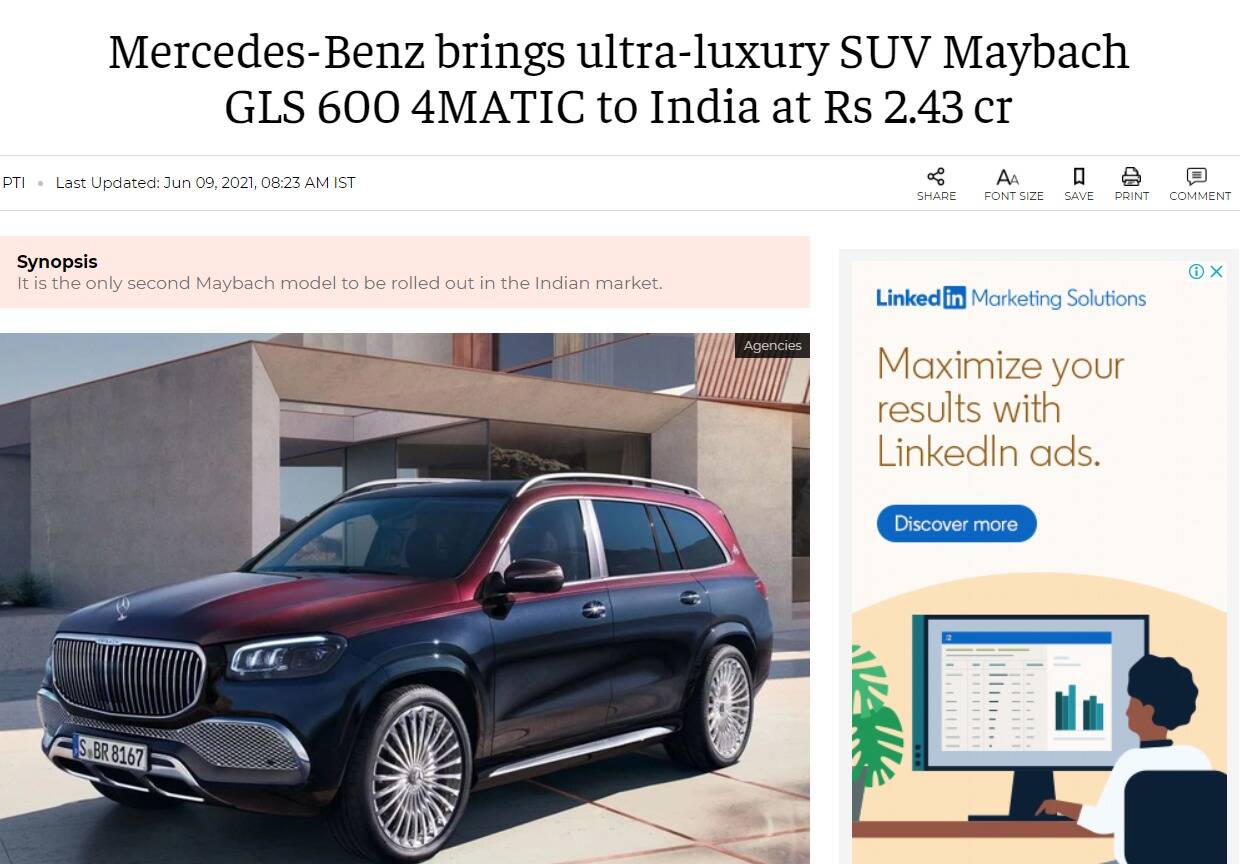
It is not to establish how rich the rich Indians are. We know just about 2%-3% control close to 70% of the country’s wealth but this is not the right time to demonstrate that. The 50 bookings would have happened whenever you would have chosen to bring the vehicle in.
The fact that lots of automotive journalists agreed to test drive the vehicle and do shows and write-ups about it and the 50 bookings also talks of the insular world they live in.
Action # 02
Perfect timing. Nothing more to be said here.
Action # 03
Is this the best time to invest in wood veneer, leather, chrome, and glass for an elite few? You have been one of the few automakers that is doing good work on Covid relief, but could this not have waited for a few more months? The showrooms could have become operational without much fanfare to save you the blushes. Again, bad timing!
Action # 04
There is nothing better than an endorsement of this nature in these times.
Perfect timing by both to further the connection the Mahindra brand makes with everyone’s heart right now. Need not say much. Perfect timing!
Action # 05
Good idea to target specific customer segments. But to advertise it as “extravagance” in these times is sheer ill-timed. Exclusivity is always there to be aimed at. Right now, the need is empathy.
This was a terrific opportunity to take a niche product and mainstream it in terms of the role it could play in bringing cheer to people, true to its name. Also, given that you decided on reaching out to select people, direct contacts could have been better than social media where the messaging could backfire.
Mercedes-Benz could have postponed the launch. Hyundai could have done a silent roll-out. And Kia could have communicated better. Not that any of their actions are at fault, for in better times each would be a manifestation of a positive, vibrant, and driven economy. Each would have sent out the desired signals to the larger marketplace.
Timing for tomorrow’s consumers!
Auto brands are preparing themselves to cater to Gen Z customers. They are obsessed with issues like sustainability, empathy, and social responsibility. They evaluate and choose brands they will associate with based on how their tribe takes to each action of yours. Our generation has been more forgiving and easy on your missteps as we emerged post-liberalisation. These youngsters are anxious yet patient and liberated.
In a seminal article in “Intelligence” of May-June 2020, John Protzk states that Gen Z is defined by “Delayed / Deferred Gratification” which is described by Wikipedia as “the resistance to the temptation of an immediate pleasure in the hope of obtaining a valuable and long-lasting reward in the long-term. It describes the process that the subject undergoes when the subject resists the temptation of an immediate reward in preference for a later reward.”
The extracts from two remarkably interesting reports on Gen Z, by Kronos / UKG and HaikuJAM give you an insight into tomorrow’s consumers.
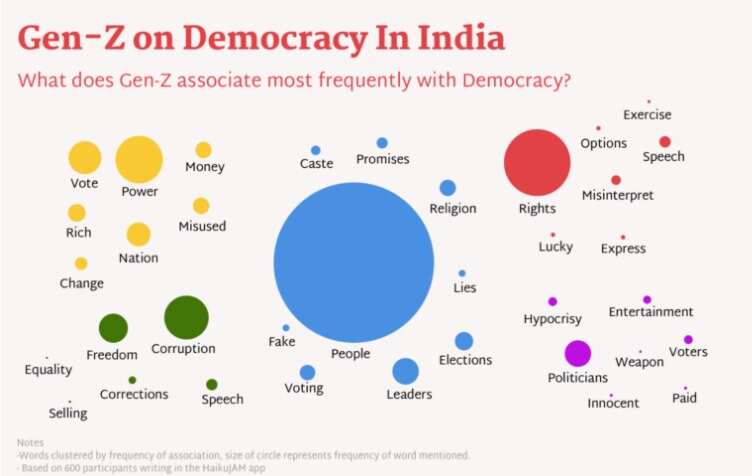
Being “digital natives” [not necessarily digitally literate], they lay huge importance to the social chatter that happens on all things around them, forming associations with brands and aligning with thoughts that will benefit them in the long run. And they will not necessarily ‘own’ your brand to consume and experience it.
People appreciate timing as a skill. Be it on the cricket pitch, the football field, in business or in life. Mere traditional planning and execution is impotent without the right timing. You not only need to do good, but also need to be seen to be doing good.
This skill is not taught in the classroom but inculcated from hands-on experience and empathy. It evolves by being respectful and sensitive to the market’s priorities and sentiments. Engagement with social scientists and anthropologists certainly helps in cultivating this skill better.
Most automobile brands in India continue to place themselves on a higher pedestal than the customer. This is a rude fact that a few accept and try to redress. As the automobile is still a highly aspirational purchase for most of us, this psychological mismatch persists. And hence these mistimed strikes!
The automobile brands [and the collective industry] have to play a much bigger role than meeting numerical performance indicators, especially at a time like this.
In Gabriel Garcia Marquez’s seminal book “Love in the Time of Cholera” the two protagonists realise after 50 years of separation that there is always a perfect time for everything, including finally coming together. But for the right timing, nothing in life has the scope to be complete.
Likewise for the auto brands, there is no scope for ‘Excess in the Time of Covid’!
(DISCLAIMER: The views expressed are solely of the author and ETAuto.com does not necessarily subscribe to it. ETAuto.com shall not be responsible for any damage caused to any person/organisation directly or indirectly.)





